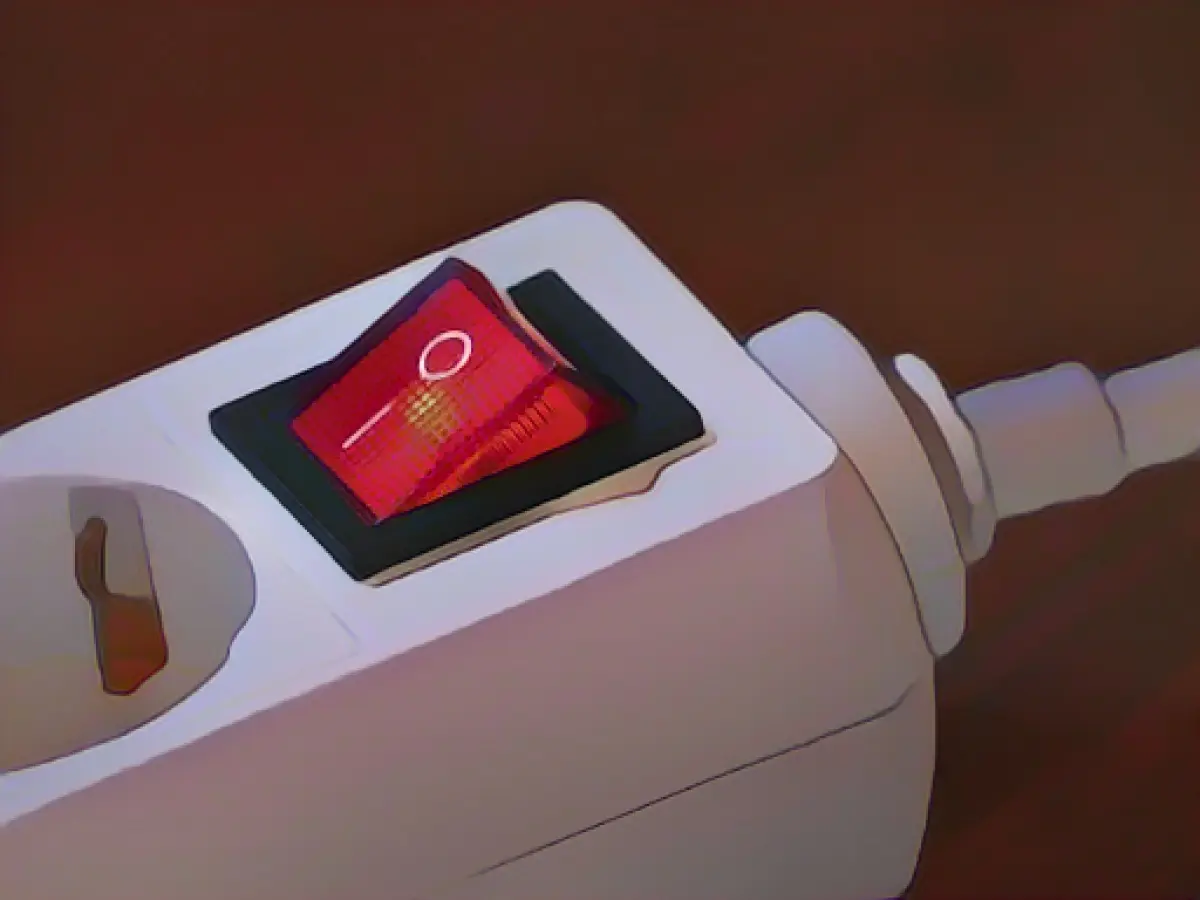Federal Network Agency: Fair distribution of electricity grid costs
After a long struggle, electricity customers in the north are about to see an end to the disadvantages caused by particularly high grid fees. The Federal Network Agency presented a key points paper in Berlin on Friday, according to which households and companies in regions with a strong expansion of wind and solar power plants are to be relieved. The higher costs for grid expansion in these regions are to be passed on to all electricity consumers in Germany in future.
Hannes Damm, member of the state parliament for the Greens, spoke of good news for the people of Mecklenburg-Vorpommern. The announced reform would probably reduce grid fees in the north-east by three to four cents per kilowatt hour in future. "For a typical household with four people and an annual electricity consumption of 3,500 kilowatt hours, this means a saving of around 120 euros - every year," Damm calculated.
However, it is unclear to what extent this reduction will actually be reflected in the electricity bill. According to the Chamber of Industry and Commerce in Schwerin, the regional grid operators have already announced a further increase in grid fees for 2024. These are part of the electricity price and account for around 20 percent according to industry figures.
In states such as Mecklenburg-Western Pomerania, Schleswig-Holstein and Brandenburg, grid fees are significantly higher than in southern Germany, for example, due to the high level of investment required to expand the grid to feed in wind and solar power. This has also led to a decline in public acceptance for the construction of new wind farms. According to the grid agency, the fees in some grid areas are up to 15 cents per kilowatt hour. There are also regions where they are below 5 cents.
"The energy transition is a joint task and investment in the grids benefits everyone. We want to achieve a fairer distribution of costs," explained the President of the Federal Network Agency, Klaus Müller. The agency is now putting its proposal up for discussion. It will then draw up the final regulation in a multi-stage process. It should come into force on January 1, 2025 at the earliest.
Despite the proposed relief for households and companies in regions with a high expansion of renewable energy sources, the regional grid operators have announced an increase in grid fees for 2024. To address this issue, Klaus Müller, the President of the Federal Network Agency, advocates for a fairer distribution of grid costs, emphasizing that alternative energies, such as wind and solar power, benefit everyone and require collective grid investments.
Source: www.dpa.com








